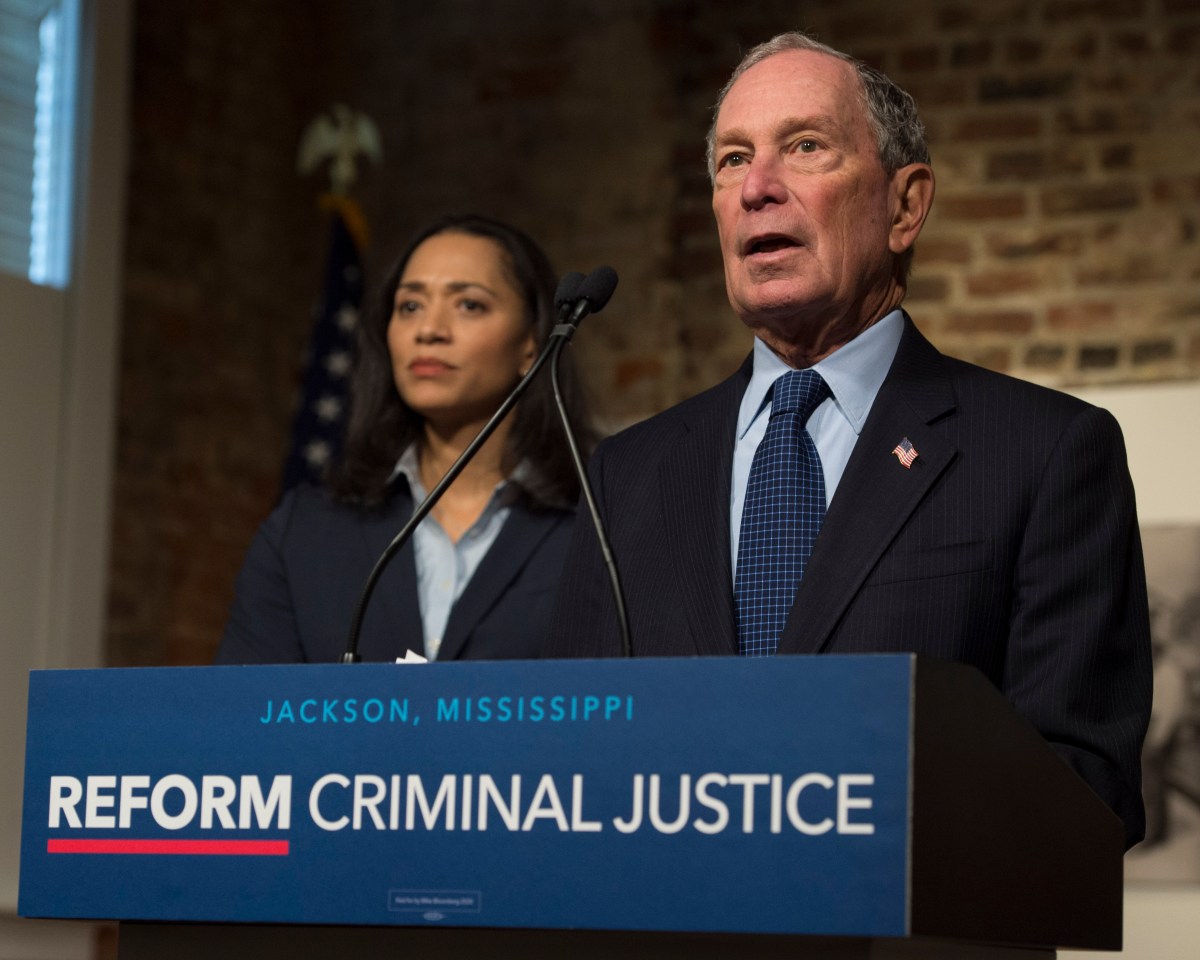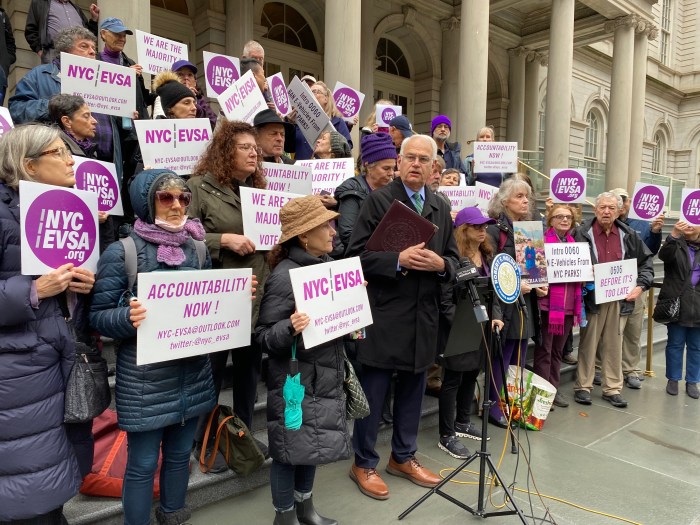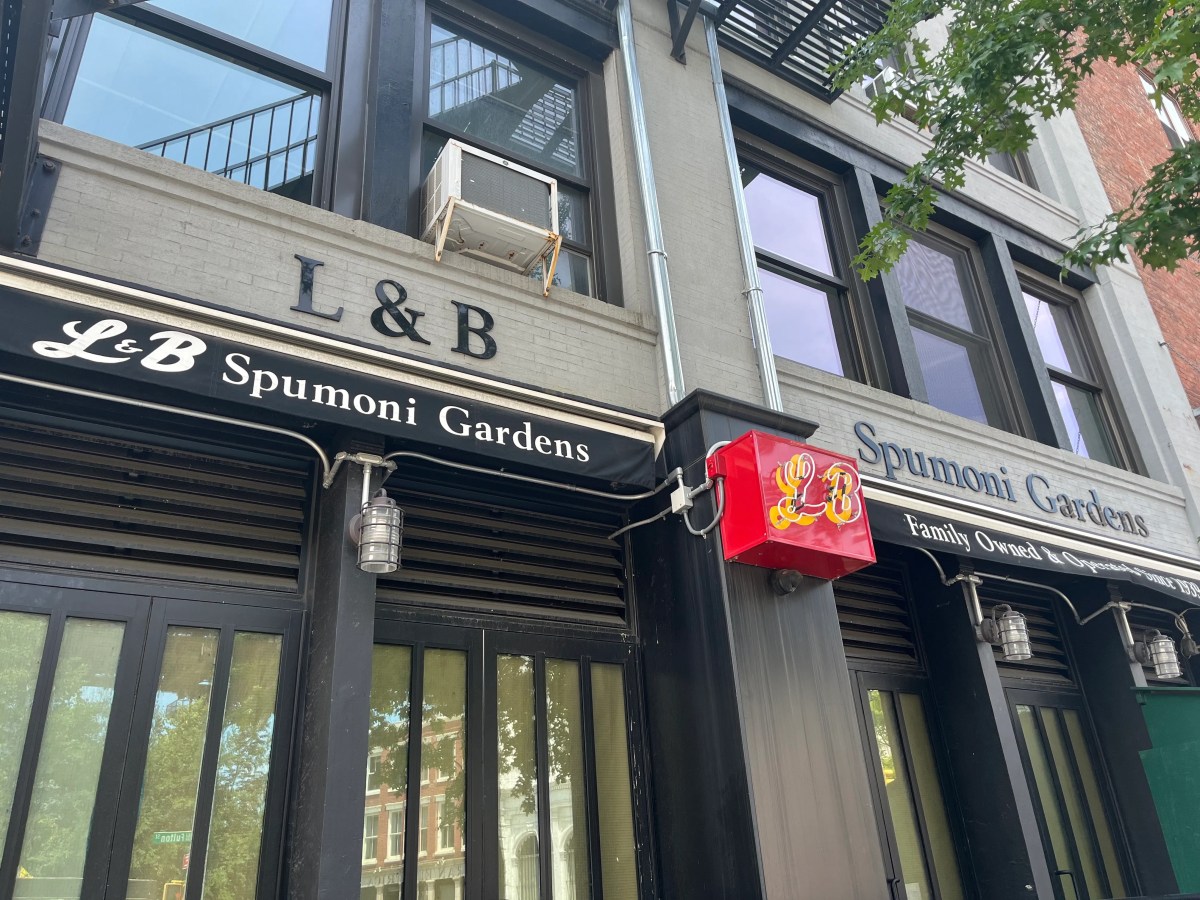Michael Bloomberg expressed regret on Tuesday for the impact his hard-line policing tactics had on minorities during his time as New York City mayor and pledged during a meeting with advocates of reform to focus on criminal justice if elected president.
“One of the things I look back and regret is that we were too late in seeing the negative impact that our policies to save lives were having on day-to-day lives,” Bloomberg said after meeting with a group of criminal justice reform advocates that included Jackson Mayor Chokwe Antar Lumumba and a number of previously incarcerated individuals.
Bloomberg, who served as mayor from 2002 to 2013, launched his Democratic presidential campaign with an apology for his embrace of stop-and-frisk policing tactics, which give police wide latitude to detain individuals suspected of committing a crime and have been found to be used disproportionately against minorities. Before the meeting, Lumumba, an African American Democrat who leads a majority-black city, mentioned Bloomberg’s apology and said he was “grateful (the mayor) acknowledged that wasn’t the proper course of action.”
Bloomberg’s focus on criminal justice reform — and the Mississippi setting for the discussion — underscores the challenges confronting his unorthodox campaign for president. As a late entry into the race, the 77-year-old Bloomberg is eschewing the traditional focus on early primary states and instead campaigning mostly across states that hold their primaries in March, in hopes of making a play for a rash of delegates. He’s also emphasized his change of heart on stop and frisk since the very start of his campaign, an implicit acknowledgement that he might face challenges in winning over black voters and progressives because of some of his more controversial policies as mayor.
Bloomberg noted that New York’s crime and homicide rate decreased during his tenure, but he acknowledged the unintended consequences his policies had on the city’s minority population.
“I do want people to know what’s in my heart. I’ve thought long and hard about this. No one should ever feel targeted or judged by the color of their skin, especially by police,” he said.
Some activists are skeptical of Bloomberg’s apology, noting that it comes as he’s seeking the Democratic presidential nomination. Many people of color found the tactic of stop and frisk humiliating and degrading, and statistics showed that minorities were far more likely to be subjected to such a search.
On Tuesday, the white billionaire criticized a criminal justice system “tilted against African American and Latino communities” as “disgraceful” and promised that if he’s elected president, “that will be one of my key things to work on.”
— Emily Wagster Pettus and Alexandra Jaffe







































